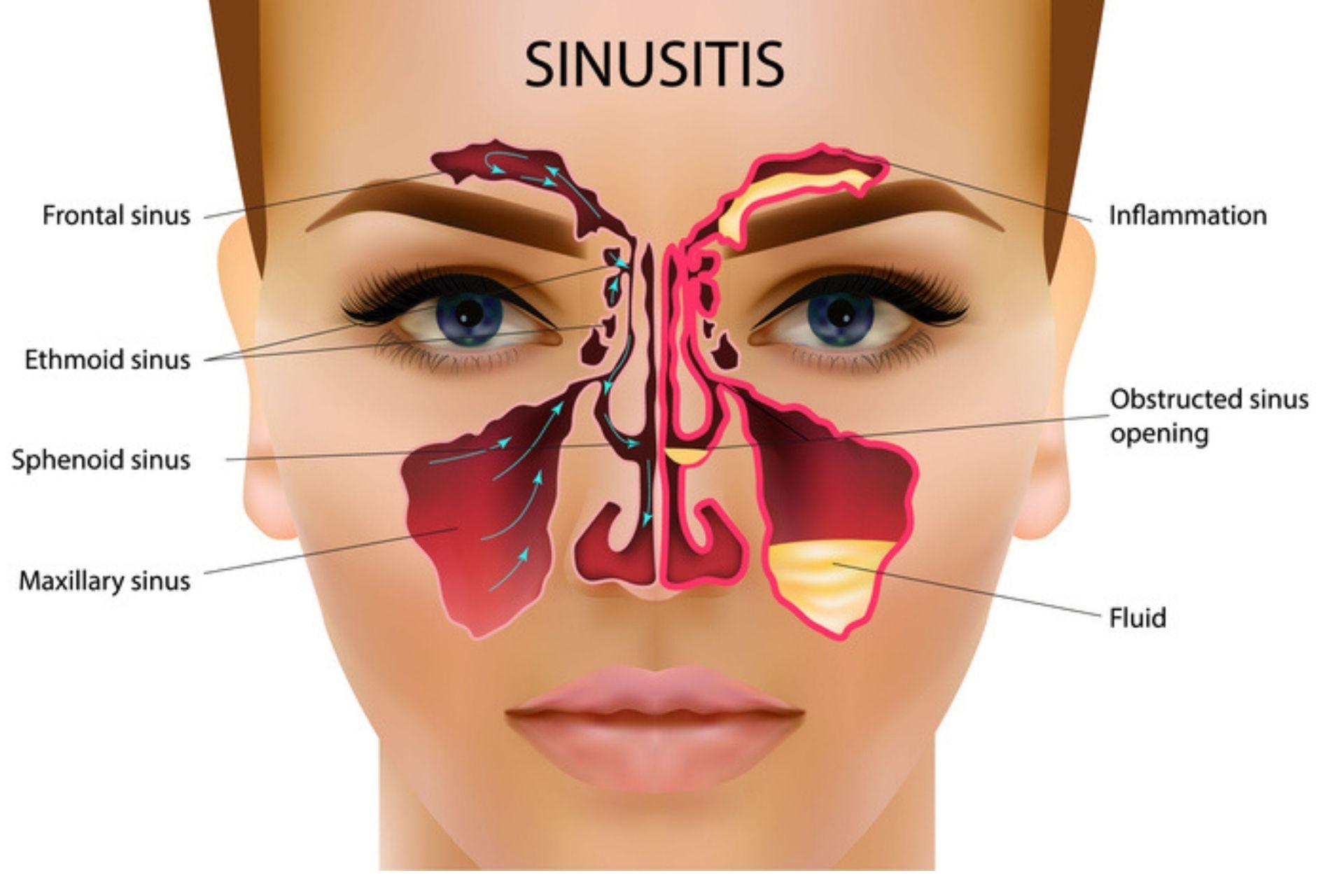Maxillary sinusitis or an infection of the maxillary sinus
Maxillary sinusitis or an infection of the maxillary sinus can have the following symptoms: fever, pain or pressure in the face near the cheekbones, toothache, and runny nose.
Sinusitis is the most common of maxillary sinus illnesses and is usually treated with prescription antibiotics.
6
92 reads
CURATED FROM
IDEAS CURATED BY
Dental Student🦷 An aspiring Doctor striving towards the path of righteousness.⚕
Here's why you should never blow your nose immediately after maxillary teeth extraction. A gentle reminder!
“
Similar ideas to Maxillary sinusitis or an infection of the maxillary sinus
The Symptomatic Treatment
While over-the-counter medicines provide us with a so-called ‘relief’ by suppressing our fever, runny nose and other ‘symptoms’, these are in fact necessary for the body to get well. The symptoms we want to be stopped are not our enemy:
- The mucus is helping flush out ...
Symptoms of the new virus
Common symptoms: chest tightness and shortness of breath. But these are also common symptoms of anxiety.
People with anxiety may continue to worry that they are getting sick, even if they don't have a fever or a cough. But there are ways to distinguish between anxiety chest tightnes...
Spreading the virus
Coughs or sneezes from an infected person are the most likely to spread the virus. So it's essential to follow basic hygiene rules:
- Wash your hand often during the day.
- Cover coughs and sneezes with your inner elbow or a napkin.
- Do...
Read & Learn
20x Faster
without
deepstash
with
deepstash
with
deepstash
Personalized microlearning
—
100+ Learning Journeys
—
Access to 200,000+ ideas
—
Access to the mobile app
—
Unlimited idea saving
—
—
Unlimited history
—
—
Unlimited listening to ideas
—
—
Downloading & offline access
—
—
Supercharge your mind with one idea per day
Enter your email and spend 1 minute every day to learn something new.
I agree to receive email updates
